According to the National Survey of Family Growth , 8.5% of married women aged 15 to 49 years suffer from infertility. While infertility is unpredictable, couples can follow healthy diet plans and proper lifestyle habits to improve their chance of getting pregnant. Some doctors recommend cutting down sugar levels, carbs, and fat to reduce the risk of infertility. In this article, you will learn some of the common foods that affect your fertility. You may avoid consuming them to improve your fertility.
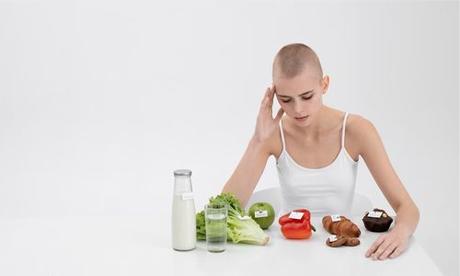
It is highly recommended that you follow a conscious eating plan when you are trying to conceive. When there are no possible options to rule out your ability to conceive, you can rely on food. For a healthy pregnancy, you should avoid high levels of sugar, carbs, and caffeine to improve your chances of conceiving. Some fertility specialists suggest that women should follow a preconception plan to get pregnant.
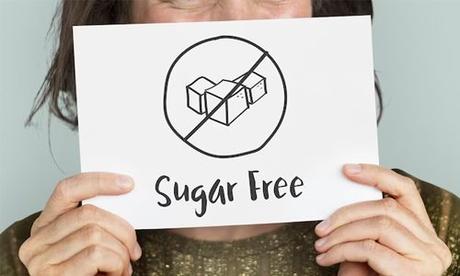
You may unknowingly consume sugar every day in the form of fruits, vegetables, baked items, and sauce. A high sugar intake will damage your reproductive organs and tissues. Increased sugar consumption affects the growth of healthy eggs. Here are some of the most common foods with high sugar content.
White Rice and Rice Cake
White rice and rice cakes contain high amounts of carbohydrates which can easily spike the sugar levels. For example, 1 cup of white rice has 205 calories and 45 grams of carbs. Consuming white rice regularly can result in hormonal imbalance and infertility. The best alternative to white rice is brown rice which has less sugar and lower carbs.
Mashed Potatoes
White potatoes have a high glycemic index, which will increase your blood sugar level which in turn affects fertility. 1 cup of mashed potatoes has 174 calories and 36.9g of carbs so, plan your diet accordingly and include fiber and other sources of nutrients in your diet.
Donuts and Cornflakes
Donuts and cornflakes are some foods that will affect your fertility because they are high in sugar and carbs. Eating one donut is equal to eating 15 to 30g of white sugar. So, if you are planning to get pregnant, you can avoid consuming the same.
2. Drinks and Infertility
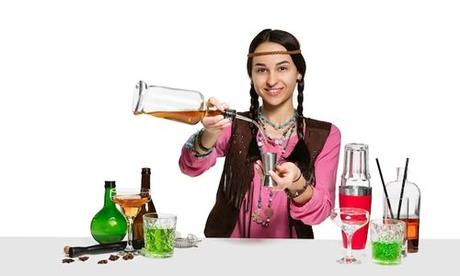
Heavy alcohol consumption can cause infertility and some health problems, like headaches and irregular periods.
Beverage and Soda
If you are planning to get pregnant, you should strictly avoid sweetened drinks like soda, energy drinks, and other packed juices. Instead, drink natural juices without adding extra sugar. You can also consider these foods to increase female fertility .
Caffeine Products
Some health experts claim that drinking a lot of coffee, tea, or caffeinated soft drinks can make it harder for women to get pregnant and can reduce sperm counts in males. If you're getting ready for pregnancy, you should start restricting your drinking habits. Here are 5 foods that improve male fertility .
Do you know how to reduce infertility naturally? Modify your diet plan, eat antioxidant-rich foods, and avoid high levels of trans fat which help you con naturally.
3. Avoid Food With Saturated Fats and Trans Fat
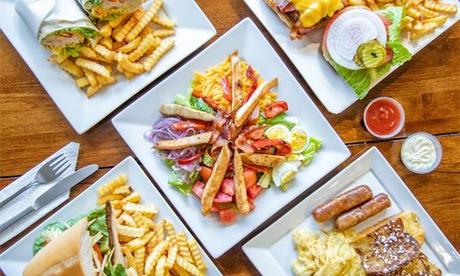
Eating a huge quantity of saturated fat will affect the ovulation cycle. Similarly, food with high levels of trans fat can induce infertility. Healthcare professionals recommend women consume omega-3 fats for a healthy and happy pregnancy. Here are some foods that affect your fertility.
Red and Processed Meat
A study on the influence of metabolic factors and diet on fertility involving 2217 women with anovulatory PCOS found that the normal ovulation group's diet had significantly lower meat content compared to the anovulatory PCOS group. Red and processed meat is high in fat which is associated with infertility.
Whole Milk and Yogurt
8 oz of yogurt has 155 calories and 18 carbs, whole milk and yogurt are low-fat dairy products. These products may be good for males but for women, low-fat products could cause infertility.
Coconut and Palm Oil
These oils are not good for couples who are trying to conceive. Coconut and palm oil have high fat content which is not good for women and it also affects the sperm count in males.
Cottage Cheese
85% of women were struggling with infertility from eating low-fat dairy products regularly. 1 0z of cottage cheese contains 114 calories and 0 carbs.
French Fries and Noodles
Eating french fries, noodles, and deep-fried chips is often associated with infertility and other health issues. These foods contain trans fat, high carbs, and high sugar so, you should avoid it while planning your pregnancy.
4. Food With High Carbs
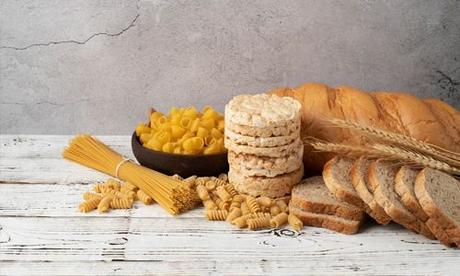
You should avoid high-carb foods while you are pregnant or trying to conceive. Carbohydrates increase the blood sugar level and decrease the reproductive hormone level, which can affect women's fertility.
Bread and Pasta
If women eat higher amounts of carbohydrates like bread and pasta, it may increase their blood sugar levels and block ovulation. Instead of these, you should add fiber and iron-containing foods to your diet plan.
Baked Goods
Baked goods like biscuits, pastries, pies, and cakes are high in saturated fats. These products can increase the sugar level, and result in infertility.
Junk foods reduce the chances of pregnancy and are also bad for our overall health. It also causes PCOD problems in women, and it can raise your insulin level to dangerous levels.
Final Words,
Apart from avoiding these foods that affect your fertility, you should also follow a proper diet plan, alter your sleeping habits, keep your body hydrated, and consult a healthcare professional to address your infertility issues. You should include a lot of beans, sunflower seeds, fruits, avocados, salmon, walnuts, egg yolks, and other foods that make you fertile. Avoiding alcohol, tobacco, high sugar, and high fat can have a good impact on your overall well-being. Learn to reduce your caffeine intake, manage stress levels, and help your body and mind for your pregnancy journey.

Elmira is a full-time health writer at CompleteHealthNews.com where she educates and advises on how to lead a healthy life from eating to getting into fitness. She completed her master's degree at Columbia University. Her blogs are evidence-based, not opinionated. Her articles are based on a diabetes diet, weight loss, fitness, skincare, and mental health. She believes in healthy eating and also encourages her readers to lead healthier, more balanced lives. She devotes time to implement a healthy lifestyle every day.

